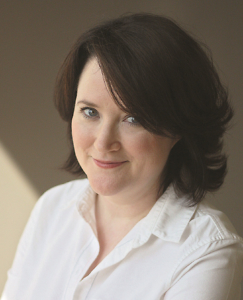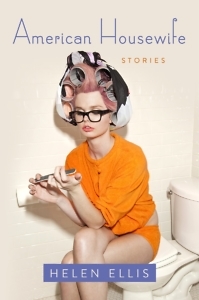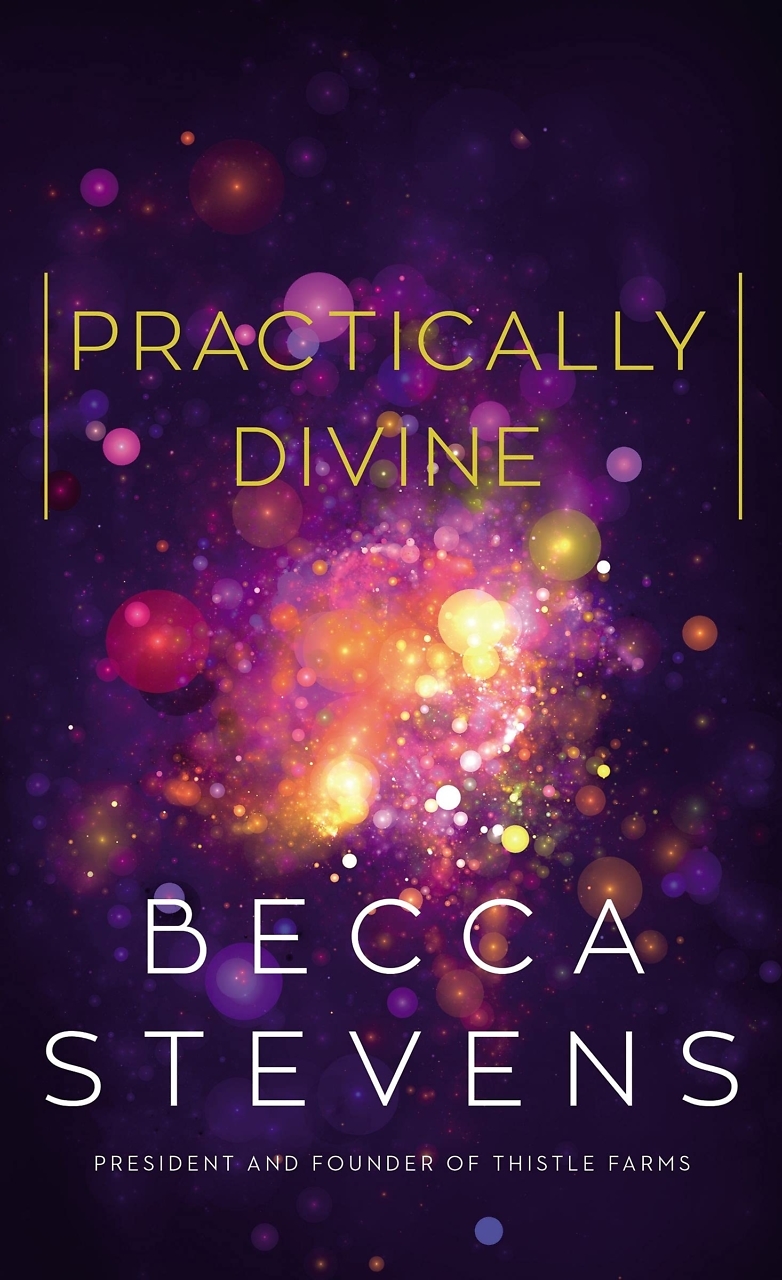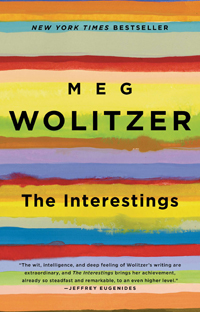What She Does All Day
Helen Ellis dishes on poker, Twitter, and American Housewife
American Housewife, Helen Ellis’s collection of short stories, is a campy, gleefully subversive homage to twenty-first century womanhood. Ellis’s plots run the gamut from dark to deliberately ditzy, and her protagonists—well-heeled, perfectly-turned-out ladies whose eyes gleam with suppressed wickedness—are a delightfully dangerous bunch. Whether she’s cracking “Southern Lady Code” (“‘She’s a character,’ means drunk. ‘She has a good time,’ means slut. ‘She’s outdoorsy,’ means lesbian”), chronicling a neighborly dispute that metastasizes into an epic battle of wits and wills, or skewering the conventions of women’s fiction, reality television, or social media, Ellis manages to be both outrageous and utterly believable. Her stories are trippy and transcendent, and their author—a Southern lady-in-exile, devoted wife, professional poker player, and social-media genius—is sui generis. Chapter 16 caught up with her via email in advance of her appearance at the Southern Festival of Books.

Chapter 16: A writer friend once told me, “Publishing the first book is easy. It’s the second that’s hard.” You published a novel (Eating the Cheshire Cat) in 2000; after that, you wrote three more that no one published, quit writing for two years, and almost decided to give up altogether. And then social media—which many writers regard as a distraction, a hindrance to “real” work—brought your writing back to life. “This book would not exist if it weren’t for Twitter,” you told Real Simple magazine. Will you elaborate?
Ellis: Twitter helped me find my voice, readers, and a routine. I started my anonymous account, @WhatIDoAllDay, to practice writing. I still tweet from it every day, usually three to five times a day. Twitter is the best editor. My motto is: if it’s not retweeted, it’s deleted. I delete tweets within an hour of posting them if there is little response. When you come to my account, I want the voice to be strong and clear.
Chapter 16: @WhatIDoAllDay is, hands down, the funniest thing on Twitter. (I made the mistake of starting it in a study room at the New York Public Library and read right through the whole thing. I made so much noise trying to suppress my laughter that everyone sitting at my table gave me the stinkeye and left.) Do you just dash these gems off? Or do you spend ages polishing them, then dole them out at special intervals and in a precisely calibrated order, according to some formula you’ve invented?
Ellis: Why, thank you! And yes, they are dashed right off. It often surprises me what connects and what doesn’t. For example, I would have bet good money that I am the only woman “who eats the surprise piece of ham she finds in her hotel scrambled eggs.” As of today, there are a confirmed twenty-six others.
Chapter 16: Do you ever worry you’re squandering ideas—germs for stories, characters, or even just one-line zingers—on Twitter instead of saving them up for longer works?
Ellis: Nope. They’re my words; I’ll do what I want with them. There is nothing I like better than plagiarizing myself. For example, “What I Do All Day,” the first three-page story in American Housewife, is composed nearly entirely of tweets from over three years.
Chapter 16: In an interview for The Guardian, you said, “When I went back to the short stories”—meaning the stories that became American Housewife—“it was really with a sense of: I am going to write what I know.” But in “Dumpster Diving with the Stars,” your narrator says, “Write what I know, who wants to read that? If only our apartment was haunted or I was the tiniest bit possessed by the devil.” How do you take your fiction from real to surreal?
 Ellis: I start with the real and answer an unreal question. With “Dumpster Diving with the Stars”, the question is: why hasn’t there ever been an author on a reality show?
Ellis: I start with the real and answer an unreal question. With “Dumpster Diving with the Stars”, the question is: why hasn’t there ever been an author on a reality show?
Chapter 16: In the story “Pageant Protection,” your narrator says, “On the Upper East Side of Manhattan, you have to be blasé to blend in. Blasé means lose the pretty cupcake hands. Never sassy walk. Making eye contact with anyone and everyone draws attention, which you don’t want any more, so you’ll have to quit it. Smiling like a nutcracker will get you sent to a shrink.” You grew up in Tuscaloosa, and now you live on the Upper East Side. How would you tell one of your present neighbors—let’s assume she’s a Yankee born and bred—to behave if she were about to be relocated to your home town?
Ellis: Wear lipstick, take a compliment, and don’t reprimand people who call you ma’am.
Chapter 16: A few years ago, you taught Colson Whitehead (who was doing research for his book The Noble Hustle: Poker, Beef Jerky, and Death) to play poker. To riff on one of the questions The New York Times Book Review always asks writers: if you could teach poker to any other writers, living or dead, whom would you choose?
Ellis: A card table sits ten, plus a dealer. So, I’ll teach and deal. Since there aren’t enough women in poker and this is a great opportunity to meet new people, I pick Jacqueline Susann, Judith Krantz, Jackie Collins, Charlaine Harris, Nora Ephron, Terry McMillan, Toni Morrison, Kit Reed, and Sarah Shun-Lien Bynum.

Fernanda Moore has been a contributing writer to Chapter 16 since 2009. From 2012 to 2016, she was the fiction critic for Commentary; her work has also appeared in The New York Times Magazine, Marie Claire, New York, and Southern Living, among others.





